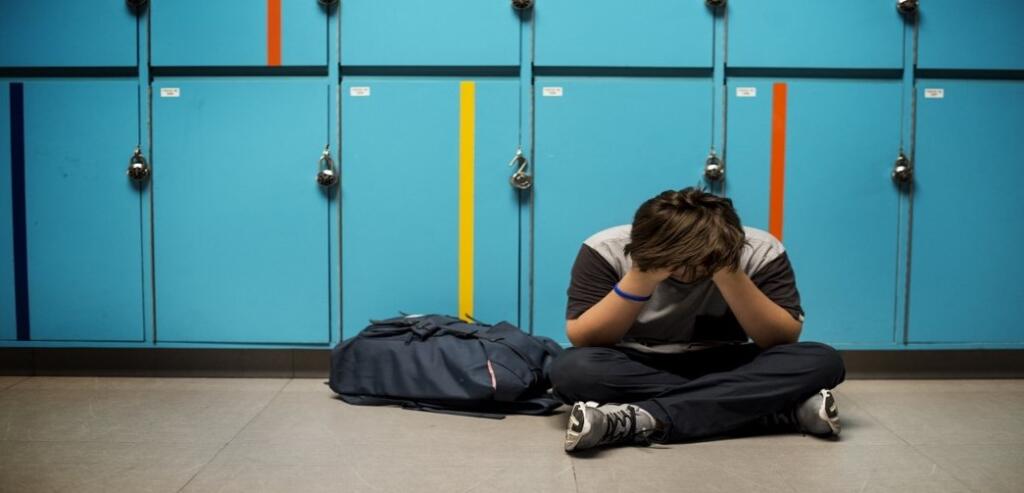India is currently grappling with a profound online gambling addiction crisis, underscored by regional studies revealing a prevalence rate of approximately 7.4%. With a staggering 500 million users and the potential to skyrocket to $5 billion by 2025, India’s online gambling industry is on an upward trajectory. However, amidst this growth, victims of problem gambling cannot continue to be ignored.
One such incident took place at a private school in Bengaluru, where a Class 10 student became a victim of blackmail after his gambling addiction was discovered by two of his classmates. Subsequently, the accused threatened to expose his losses amounting to thousands of rupees in the game. They successfully extorted ₹23 lakh and 300g of gold from the victim as a result.
They were reportedly aided by four other accomplices who were later apprehended by the police. The identified individuals include Karthik, aged 30, and Sunil, aged 28, Vivek, aged 19, and Veman, aged 20. These accomplices also conspired to sell a portion of the gold, giving some of the profit to the accused students, while pocketing the majority of the earnings for themselves.
Growing Suspicions
The RG Nagar police were first notified about the incident when the victim’s father noticed that gold jewelry and ornaments were missing from his home. After being repeatedly questioned, the victim admitted to the theft, which according to the police took place over the course of 6 months, and explained the situation to his family.
In his report, the civil contractor from West Bengaluru revealed that his son frequently played online games and that he was coerced into giving the suspects gold in order to conceal his addiction. According to the father, the suspects initially pressured the victim for money. However, after he stated he did not have any, they pressured him into stealing gold from his house and giving it to them as payment.
Rise of Problem Gambling
Unfortunately, problem gambling is something that’s prevalent worldwide. But generally speaking it’s adults who grapple with the addiction, not minors. This is why many restrictions are put in place across all jurisdictions where gambling is legalized only after adhering to specific regulations. Such a regulatory framework also includes banning ads from minors who’d be impressionable and more susceptible to fall victim of addictive behaviour, as with this story.
Moreover, entire campaigns are run to promote responsible gambling, where the right channels for support and helplines are recommended. It is also mandatory for online casinos to have a ‘Responsible Gambling’ page where all the helpful information is outlined. Even affiliate sites advertising the operators they partner up with have a responsibility to provide such tools. Case in point, AussieBonuses.com have a very exhaustive page discussing the importance of practicing this pastime mindfully and highlighting the perils if it isn’t.
Safeguarding Children
Following the incident, Bengaluru Police Commissioner B. Dayananda urged parents of teenagers to monitor their internet activity and educate them about the risks associated with online gambling, which range from financial ruin and insurmountable debt to heightened levels of violence and mental illness.
Technological advancements within the last few years have made gambling more accessible than ever before, posing greater potential risks to vulnerable demographics. India is not alone in experiencing increased instances of addiction among children and young adults, leading several countries to crack down on unsupervised online gaming. Countries like China and Australia have even introduced obligatory age verification and usage limits for children under a certain age.
Unfortunately, turning to crime to fuel addiction is not new, and it’s essential for children to understand the slippery slope gambling can become, especially with the massive in-game monetary spending some games involve. As such, it is essential for parents to continue educating their children on the repercussions of gambling to prevent them from falling prey to its lure.
*The opinions expressed in this article are purely those of the author and do not necessarily reflect the views of TFI Media. The content should be taken as the sole perspective of the writer.
